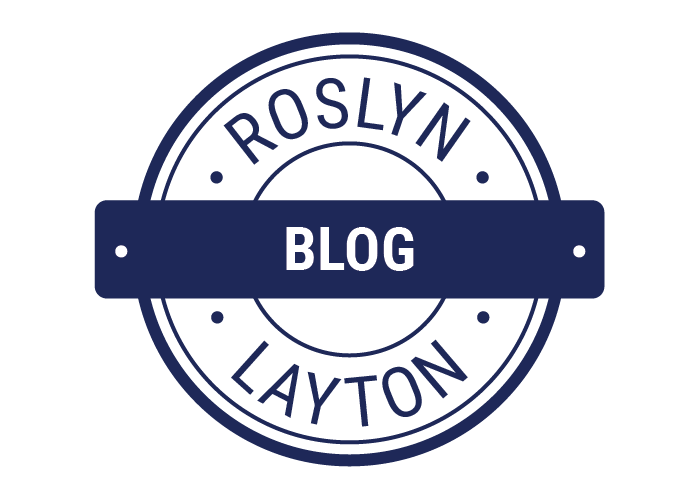Roslyn Layton featured in Communications Daily on EU consultation for the future of connectivity and litigation with Netflix and Meta

Roslyn Layton, PhD was featured in a March 23, 2023 story from Communications Daily “Telcos Urge EU to Answer ‘Daring Question’ of OTT Payment for Network Use” by Dugie Stanford. Layton commented on the European Commission’s consultation on the future of connectivity and the statement by Roberto Viola, director-general of the European Commission’s communications networks, content and technology department that “net neutrality” is not a part of the consultation and that the words “fair share” don’t appear in the text of the consultation. She explained that in EU law, net neutrality is about the broadband provider and end user on the last mile of the network. Cost recovery doesn’t involve blocking, throttling or prioritization of end users but is about the relationship between the broadband provider and content provider for a separate set of services. Recovering costs makes networks more accessible for end users, enabling the policy goal of promoting end-user rights of access to open networks.

The article further referenced Roslyn Layton’s report “Netflix v. SK Broadband. The David and Goliath Battle for Broadband Fair Cost Recovery in South Korea.” Layton described the parallels between the EU litigation between Deutsche Telekom (DT) and Meta seeking €12 million and the lawsuit brought by Netflix against a South Korean broadband provider. Over a short period, Netflix traffic exploded on SK Broadband’s network 26-fold, causing tens of millions of dollars of cost increases. The broadband provider tried to negotiate with Netflix for cost recovery using the telecom regulator’s mediation process, but the OTT sued, claiming it had no obligation to negotiate or pay for network use. The court rejected Netflix’s arguments, and the OTT appealed. In the meantime, the National Assembly of South Korea enacted the so-called Netflix Law, which requires content providers with at least 1 million users and/or whose traffic accounts for 1% or more total traffic to pay a fee for network use. In both cases, the court ruled the broadband provider can seek recovery of costs from the content provider. The South Korean court didn’t specify an amount, leaving it instead to the parties, but the German court will specify the amount of recovery. This suggests the courts find credence in the notion that broadband providers do not have to provide their networks for free to content providers and that negotiation for network usage is allowed.
Read the full article at Communications Daily.